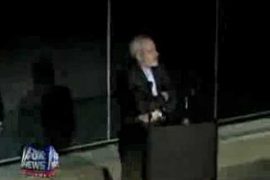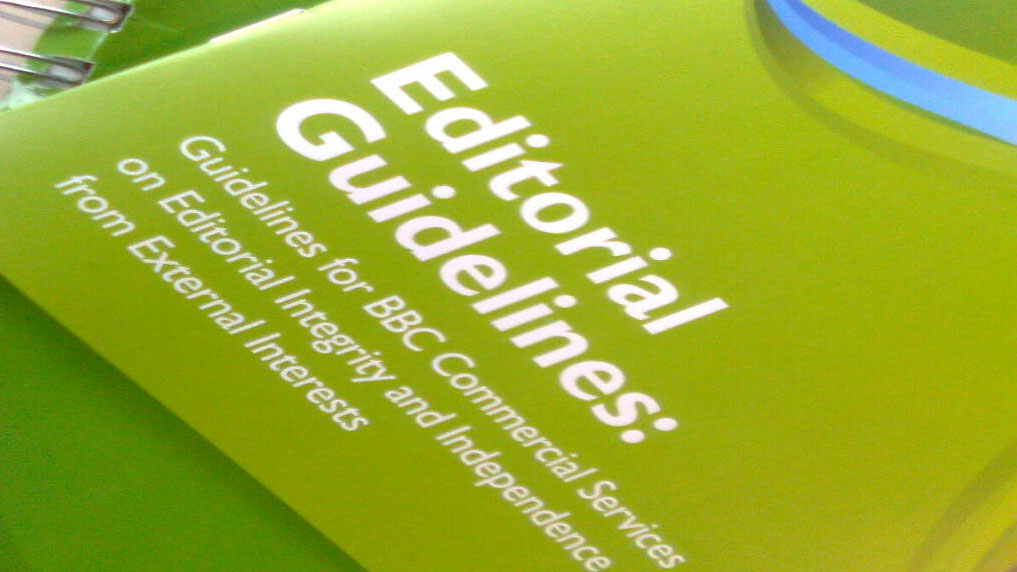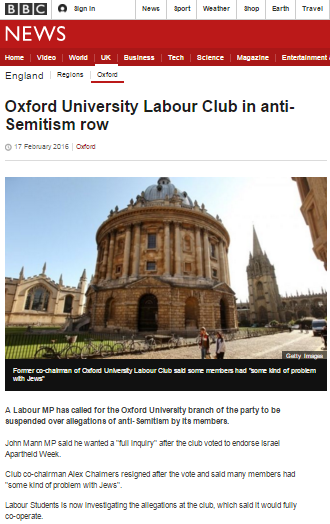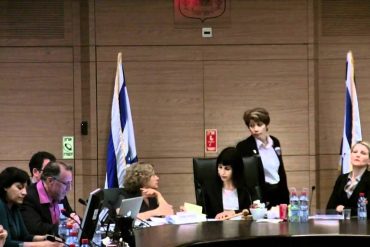An article which originally appeared on the BBC News website’s ‘Middle East’ page on the morning of November 14th under the headline “Israel-Gaza ‘ceasefire begins’ after two days of fighting” underwent numerous amendments until, some eleven hours after its initial publication, website visitors were confronted with this glaring example of BBC doublethink:
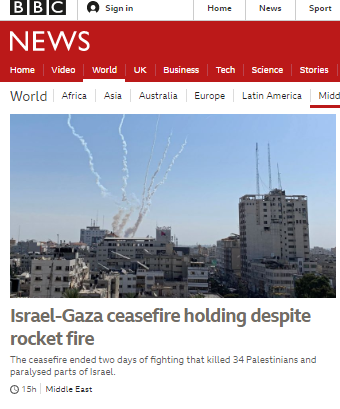

The final version of that article – “Israel-Gaza ceasefire holding despite rocket fire” – which will of course remain online as “permanent public record”, tells readers that:
“…five rockets were launched from Gaza about five hours after the ceasefire came into effect, the IDF said. Two were intercepted by the Iron Dome air defence system. […]
In the late afternoon, rocket alert sirens sounded in Israeli communities near the Gaza border and the IDF said another rocket was shot down.”
“Late Thursday night, terrorists in Gaza fired two rockets at southern Israel, which were shot down by soldiers operating the Iron Dome air defense system, the army said. […]
Earlier in the day three separate volleys of rockets were fired at Israel from Gaza, puncturing a tense calm and leading to fears of a resumption of violence. In one case pieces of a projectile landed in the yard of a daycare in Netivot, but there were no injuries. Throughout Thursday, Israel abided by the Egypt- and UN-brokered ceasefire and refrained from launching retaliatory strikes, despite public pressure to do so.”
So what can we learn from that Orwellian BBC headline? We can deduce that as far as the BBC is concerned, a ceasefire can be described as “holding” despite multiple rocket attacks by Gaza Strip terrorist groups against Israeli civilians and hence that the BBC does not regard those attacks as constituting a breach of a ceasefire. We can therefore conclude that the BBC would only consider that ceasefire as having been breached if Israel responded to such attacks.
And indeed, after Israel did just that in the early hours of November 15th, the BBC News website replaced that ridiculously headlined report with one titled “Israel-Gaza ceasefire strained by rockets and air strikes” which similarly misleads readers with regard to the number of rockets fired by Gaza strip terrorists the previous day.
“Israel has launched fresh air strikes on militant targets after renewed rocket-fire from Gaza, as a day-old ceasefire is put under strain. […]
It comes after five rockets were fired at Israel on Thursday following the ceasefire declaration by the PIJ.”
A clearer example of the BBC’s accommodating approach to Palestinian terrorism is difficult to imagine.
Related Articles:
BBC News website adheres zealously to editorial guidelines
BBC News avoids the word terror in report on strike on terrorist

